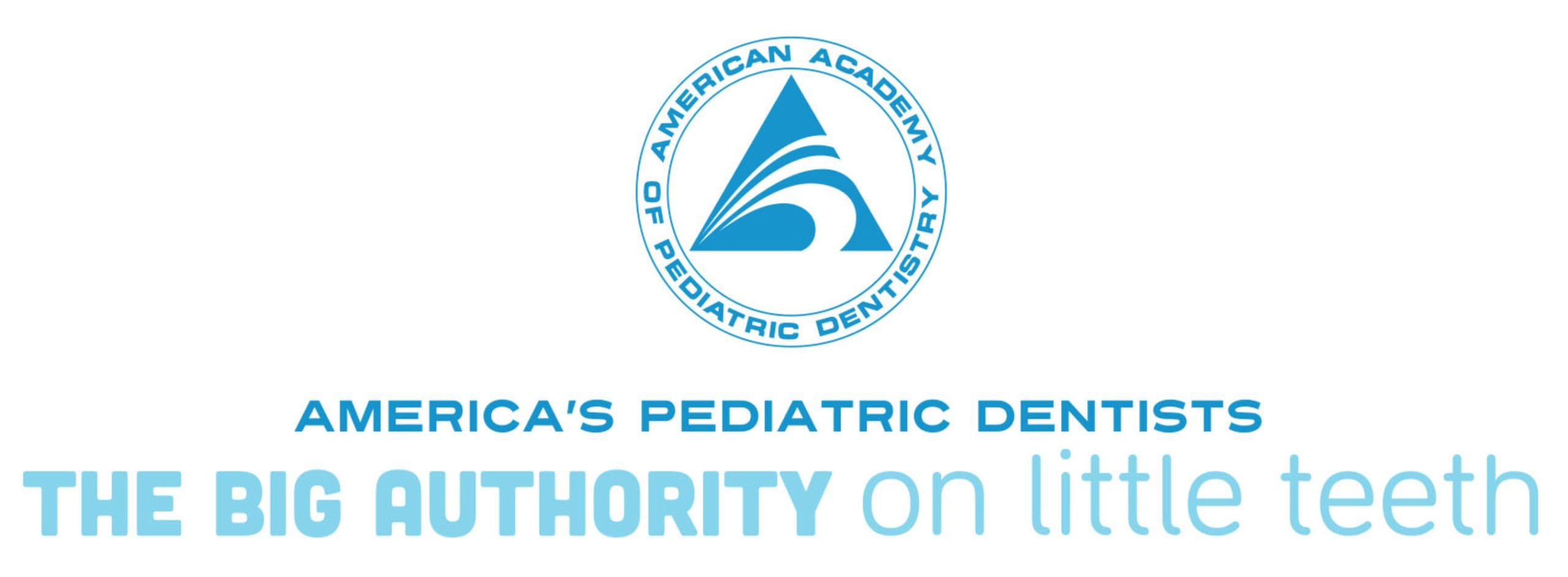Wondering, “Can I eat after a fluoride treatment?” Find out here! Generally, it’s advised to wait a short period before eating to allow the fluoride to fully absorb into your teeth. This helps maximize the treatment’s effectiveness and ensures optimal dental health benefits.
Understanding Fluoride Treatment Basics
Understanding fluoride treatment basics is essential for anyone who has recently undergone this dental procedure. Fluoride treatments are commonly used to strengthen teeth and help prevent cavities by applying a concentrated form of fluoride directly to the tooth enamel. This process is typically quick and painless, often performed during routine dental check-ups. The fluoride used in these treatments can come in various forms, such as gels, foams, or varnishes, and is applied by a dental professional to ensure maximum effectiveness.
After receiving a fluoride treatment, many patients wonder, “Can I eat after a fluoride treatment?” It’s important to understand that fluoride needs time to fully absorb into the enamel to provide the best protection for your teeth. This absorption period is crucial for maximizing the benefits of the treatment. For those interested in learning more about the financial aspects of these treatments, you can explore the Fluoride Treatment Cost: What to Expect and Budget to gain a better understanding of the potential expenses involved.
Can I Eat After A Fluoride Treatment?
Timing your post-treatment meal is an important consideration after receiving a fluoride treatment. Typically, dental professionals advise waiting a certain period before consuming food or beverages to ensure the fluoride has ample time to absorb into the enamel. This waiting period can vary, but it is generally recommended to avoid eating immediately after the treatment to maximize its effectiveness. Understanding the timing can help in planning your meals around your dental appointments.
The question “Can I eat after a fluoride treatment?” often arises because patients want to ensure they are following the best practices for their oral health. While the specific waiting times may differ, being aware of this aspect can help you make informed decisions about your post-treatment activities. For more information on fluoride treatments, you can visit our Fluoride Treatment Lincolnton page.
Common Foods to Avoid
After receiving a fluoride treatment, it’s important to be mindful of the foods you consume to ensure the treatment’s effectiveness. Common foods to avoid include those that are sticky or chewy, as they can adhere to the teeth and potentially disrupt the fluoride’s protective layer. Additionally, hot beverages and foods should be avoided, as they can cause the fluoride to wear off prematurely. Acidic foods and drinks, such as citrus fruits and sodas, may also interfere with the treatment by eroding the enamel. By steering clear of these types of foods, you can help maintain the benefits of your fluoride treatment for a longer period.
Effects of Eating Too Soon
After receiving a fluoride treatment, many people wonder, “Can I eat after a fluoride treatment?” It’s important to understand that eating too soon can potentially diminish the effectiveness of the fluoride application. Consuming food or beverages immediately after the treatment might wash away the fluoride before it has had a chance to fully absorb into the enamel, reducing its protective benefits. This can lead to less effective cavity prevention and may compromise the overall health of your teeth. For more information on dental care, you can visit Alpine Pediatric Dentistry, your trusted Lincolnton Dentist.
Fluoride and Oral Health Connection
Fluoride plays a crucial role in maintaining oral health by strengthening tooth enamel and preventing cavities. This naturally occurring mineral helps to rebuild weakened enamel, slow down the loss of minerals from tooth enamel, and reverse early signs of tooth decay. The application of fluoride treatments is a common practice in dental care, aimed at enhancing these protective benefits. Many people wonder, “Can I eat after a fluoride treatment?” Understanding the connection between fluoride and oral health can help clarify its importance in dental care routines.
How Fluoride Strengthens Teeth
Fluoride is a naturally occurring mineral that plays a crucial role in maintaining dental health by strengthening teeth. It works by enhancing the remineralization process, where minerals are redeposited on the enamel layer of the teeth, making them more resistant to decay and cavities. This process helps to repair early signs of tooth damage and can even reverse minor decay. When considering the question, “Can I eat after a fluoride treatment?” it’s important to understand that fluoride’s ability to fortify teeth is a key reason why dental professionals often recommend such treatments as part of a comprehensive oral care routine.
Myths About Fluoride Treatments
Fluoride treatments are often surrounded by various myths that can lead to confusion, especially when it comes to questions like “Can I eat after a fluoride treatment?” One common misconception is that fluoride treatments are harmful or unnecessary, despite their widespread use in dental care to help strengthen teeth and prevent cavities. Another myth suggests that fluoride treatments can cause immediate adverse effects, which is not supported by scientific evidence. Additionally, some believe that fluoride treatments require a lengthy waiting period before eating, but the specifics can vary depending on the type of treatment received. Understanding these myths can help clarify what to expect from fluoride treatments and address any concerns about their safety and efficacy.
Dentist’s Role in Fluoride Care
Dentists play a crucial role in administering fluoride treatments, ensuring that patients receive the appropriate care for optimal oral health. During a dental visit, the dentist evaluates the patient’s oral condition and determines the necessity of fluoride treatment. This professional assessment is vital in addressing individual dental needs and promoting long-term oral health. After the treatment, patients often wonder, “Can I eat after a fluoride treatment?” Dentists provide guidance on post-treatment care, helping patients understand how to maintain the benefits of fluoride application. By relying on their expertise, patients can feel confident in the care they receive and the steps they need to follow afterward.
Balancing Diet and Dental Care
When considering the question, “Can I eat after a fluoride treatment?” it’s important to think about how diet and dental care work together to maintain oral health. Fluoride treatments are a common part of dental care routines, designed to strengthen teeth and prevent cavities. However, balancing this with your dietary habits is crucial. While fluoride helps protect your teeth, the foods you consume play a significant role in overall dental health. Understanding how these elements interact can help you make informed decisions about your oral care routine and dietary choices, ensuring that both contribute positively to your dental well-being.
Conclusion
If you’re still wondering, “Can I eat after a fluoride treatment?” and need more information, feel free to call us at 704-479-6777 or check out our Google Maps reviews.





